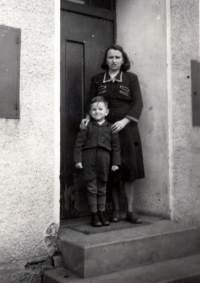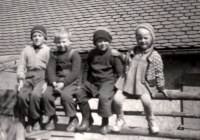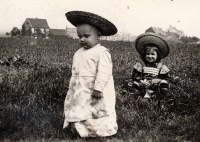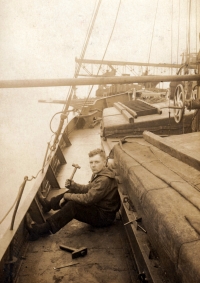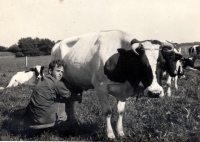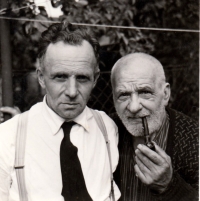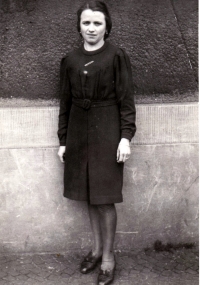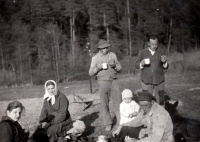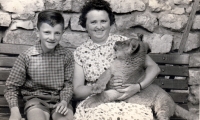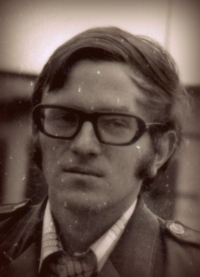Red stars everywhere. But you got used to it and it felt normal
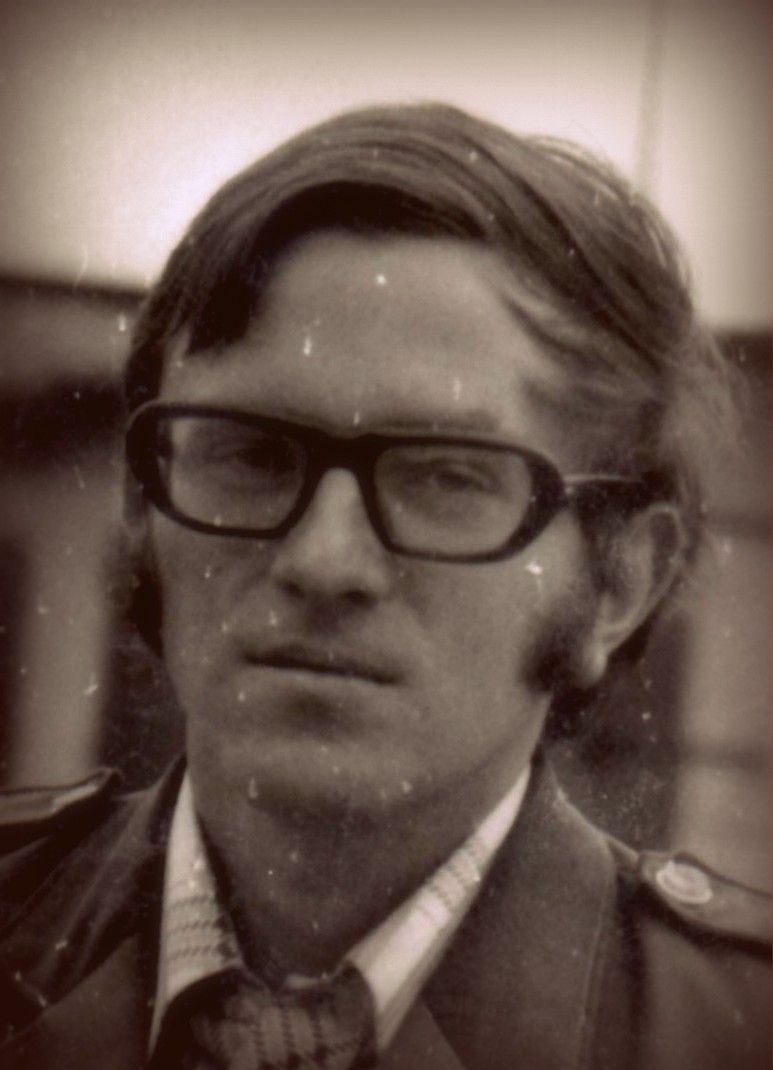
Stáhnout obrázek
Petr Bureš was born on June 2, 1949 in Cheb. But he spent his first years in the village of Libavá near Kynšperk. The house was acquired by his parents after the displaced Germans, after they had immigrated from Germany and returned to their parents‘ homeland. Both mother and father came from mining families, their fathers left to work in German Rhine-Westphalia before the First World War. In Germany they experienced not only the arrival of Hitler, but also World War II. Both father and uncle had to join the Wehrmacht and both fought on the Eastern Front. Shortly after the war, both families were asked by the Czech authorities to return to Czechoslovakia. The prospect of a better life in Bohemia compared to post-war Germany, which at that time was in a desperate economic situation, contributed to the positive decision. Yet it was not easy in the Czech Republic at first. They had to feed themselves and their little son only from what they had grown, and the situation deteriorated in the early 1950s, when, following the example of Soviet collective farms, joint agricultural cooperatives began to get established. They refused to join it. Then they have to give away mandatory levies, which were unable to meet. Due to the unbearable situation the family moved in 1953 and the parents eventually became employees of the state farm. After elementary school, where he only started to learn Czech, began attending agricultural school and then worked in the field of agriculture most of his life. He got married, later got divorced. He is now retired and lives in Chotěšov in the Plzeň district.
